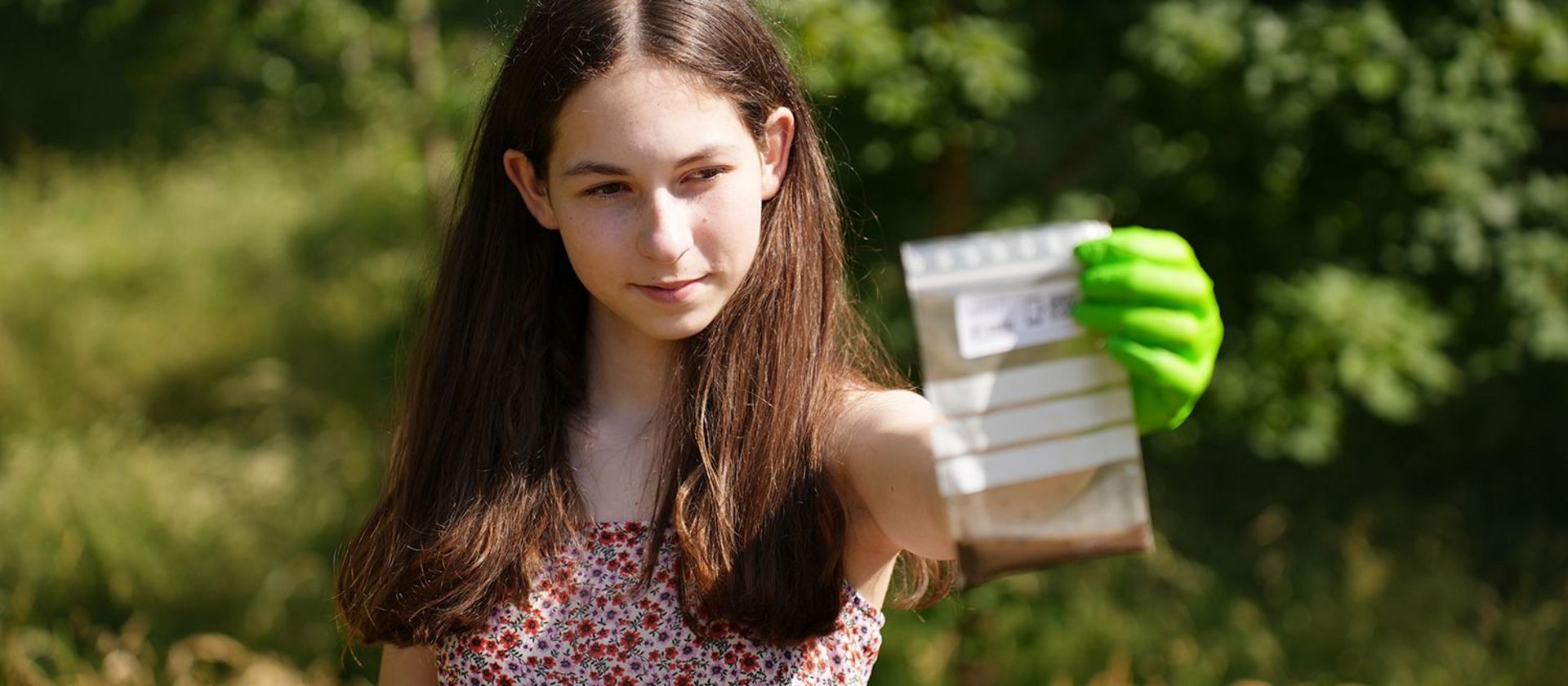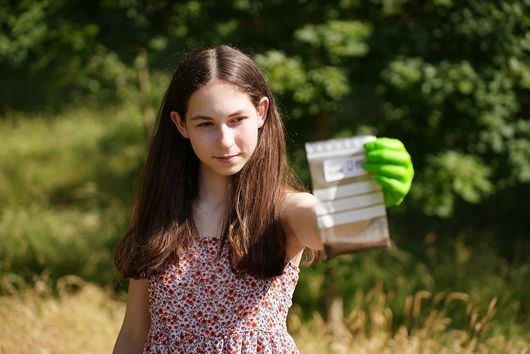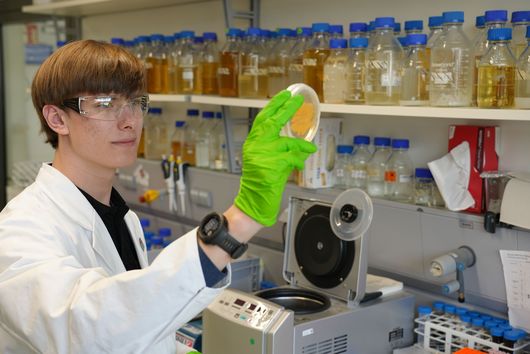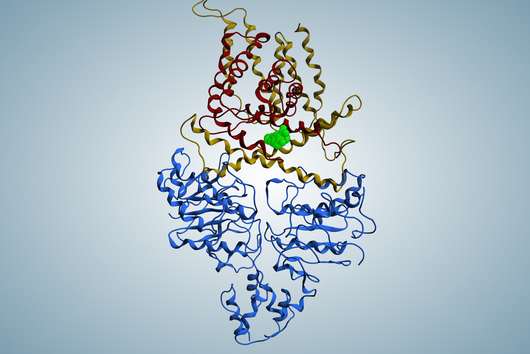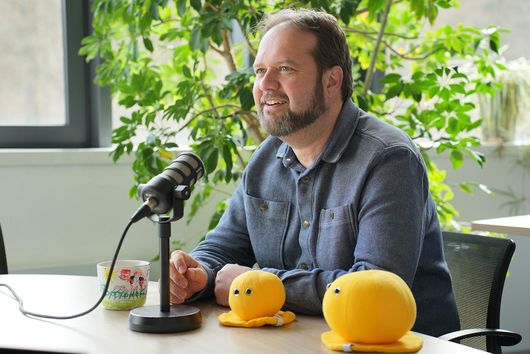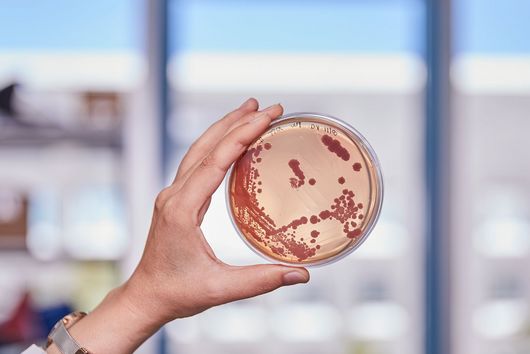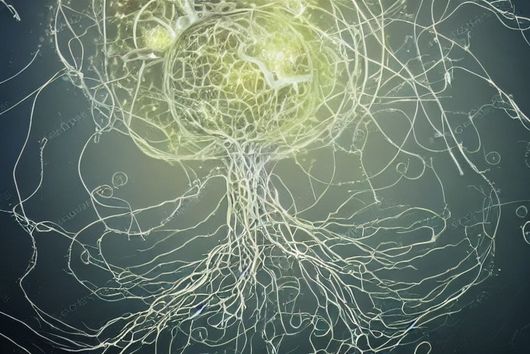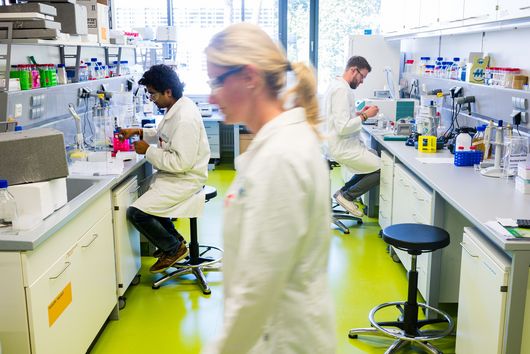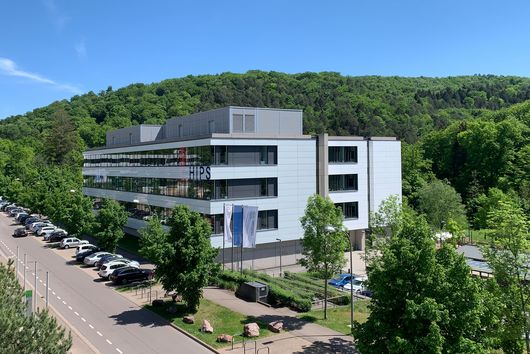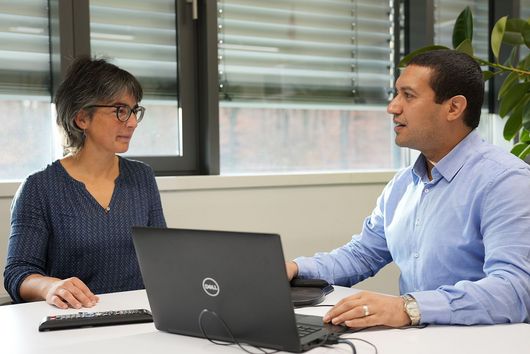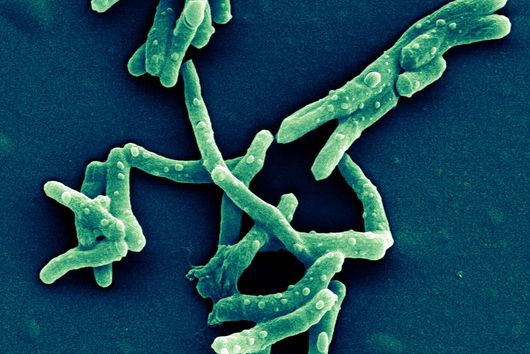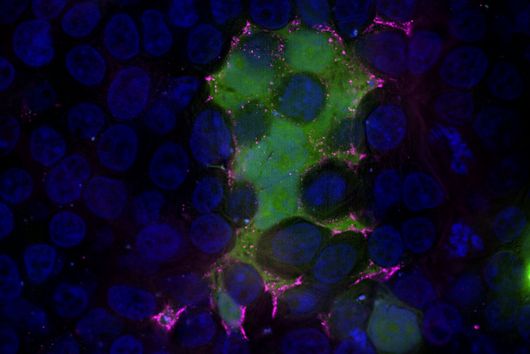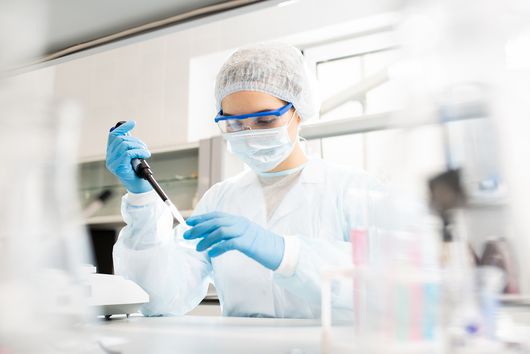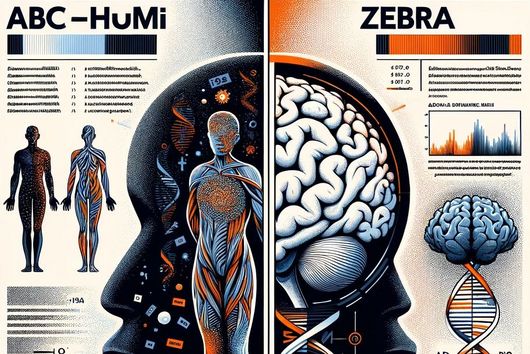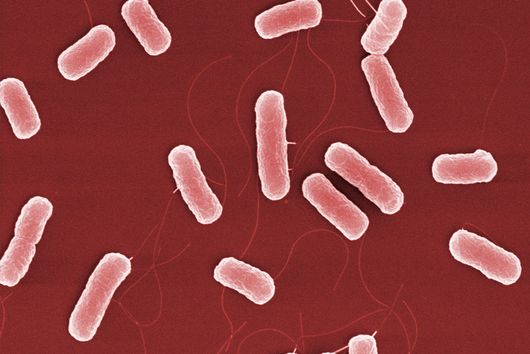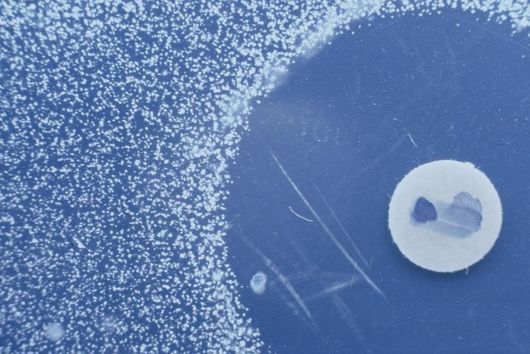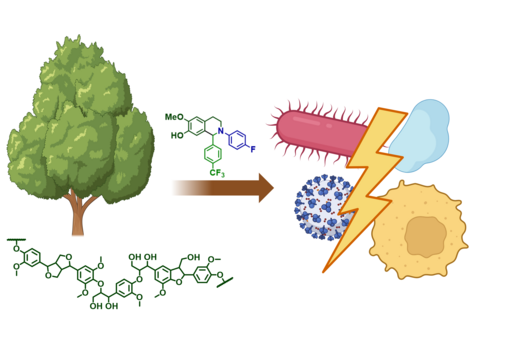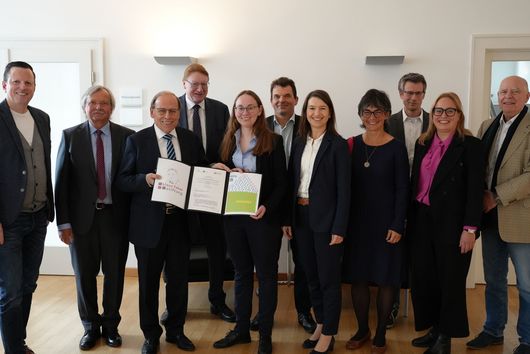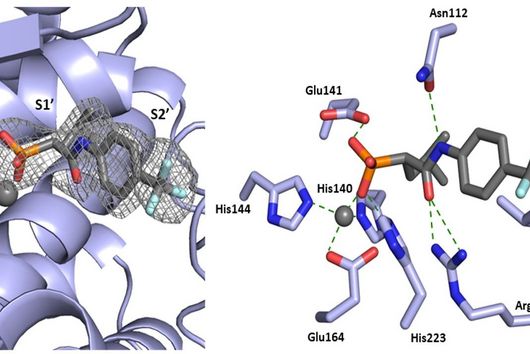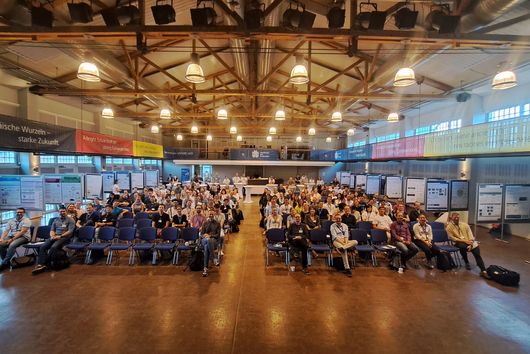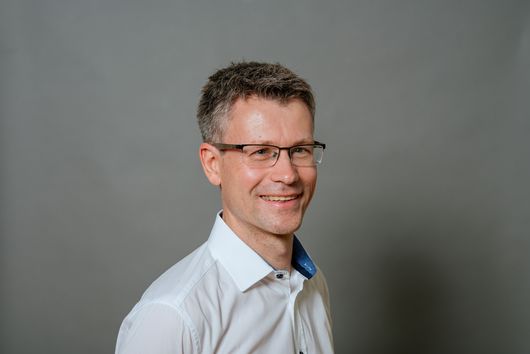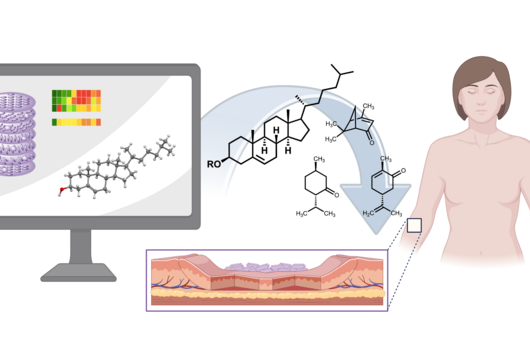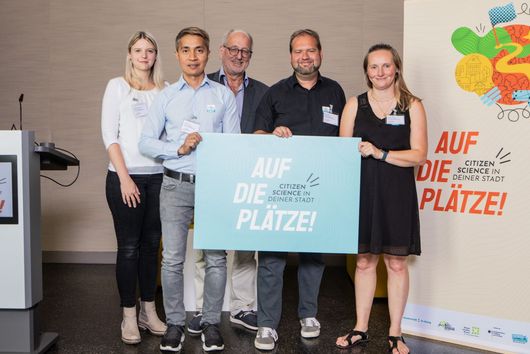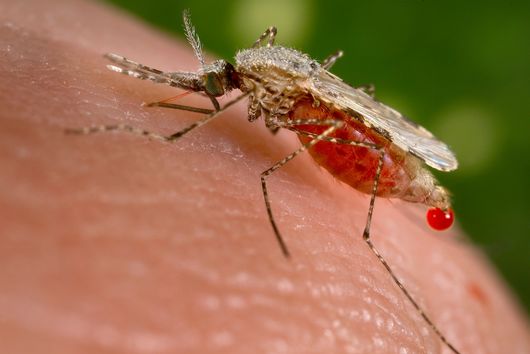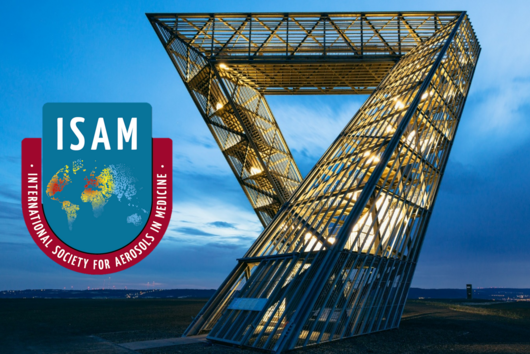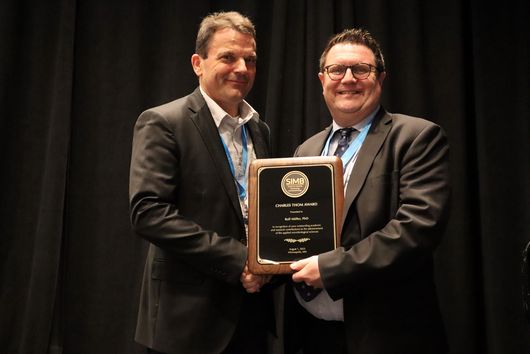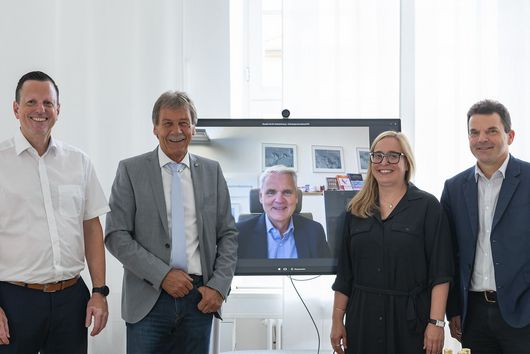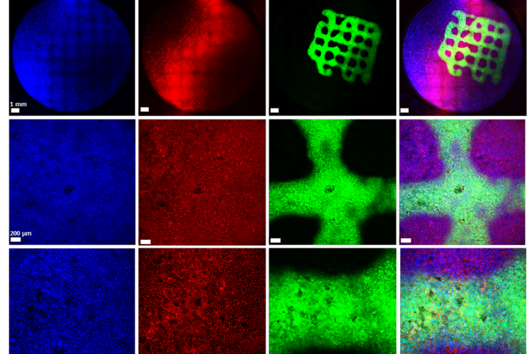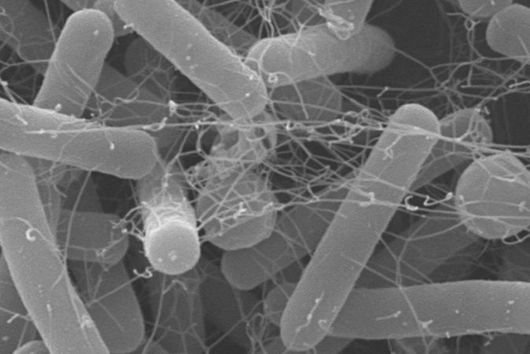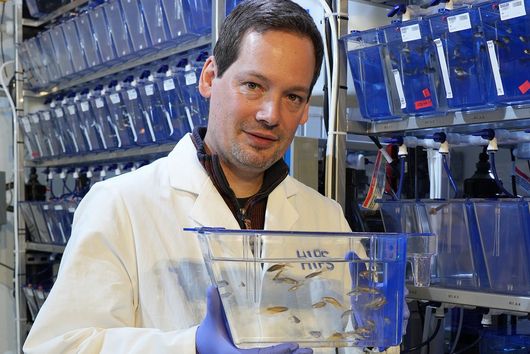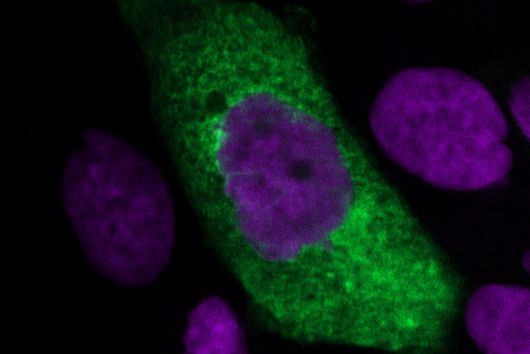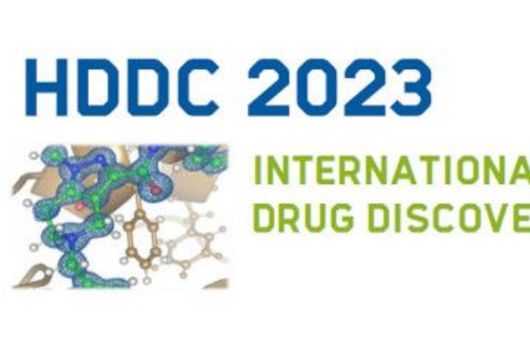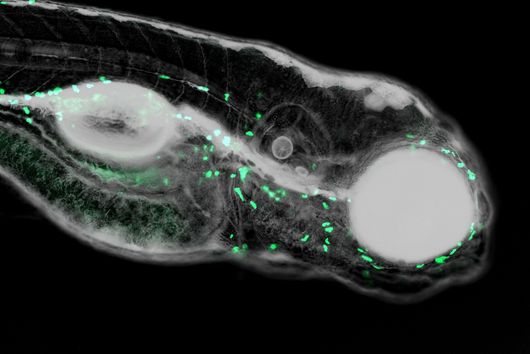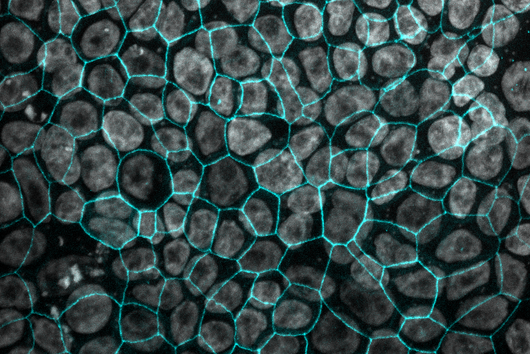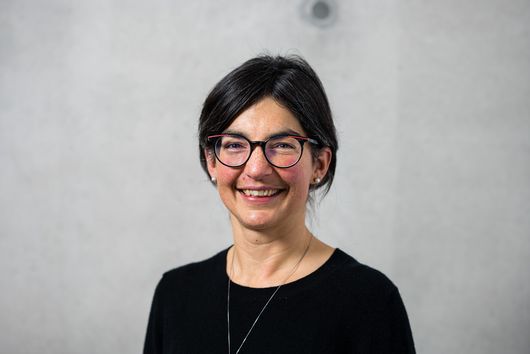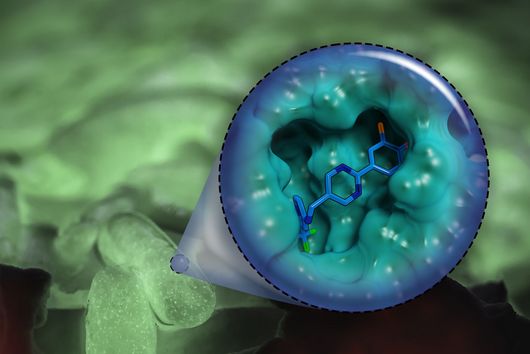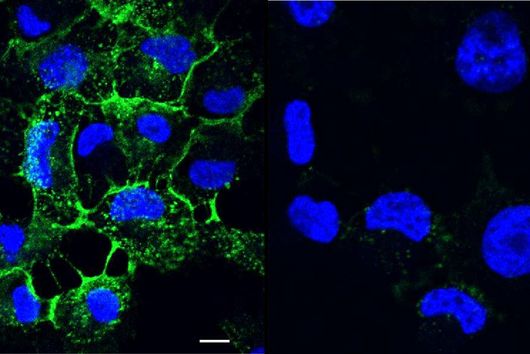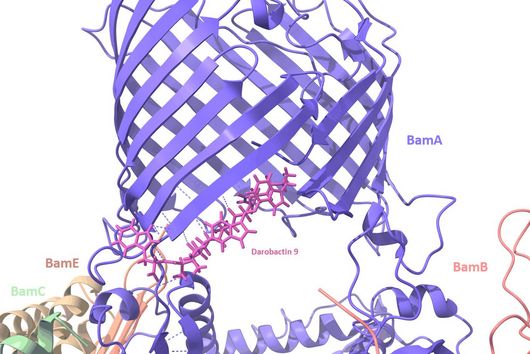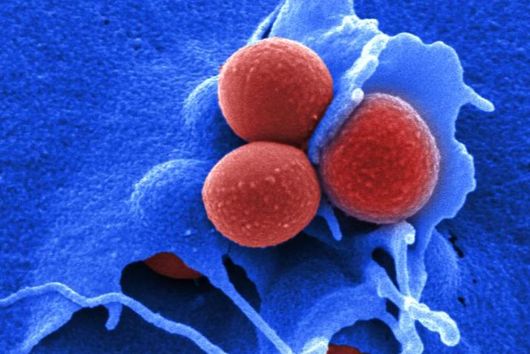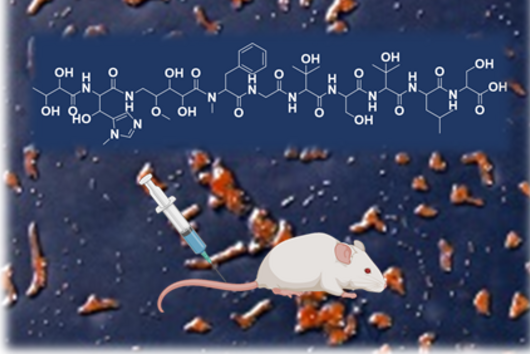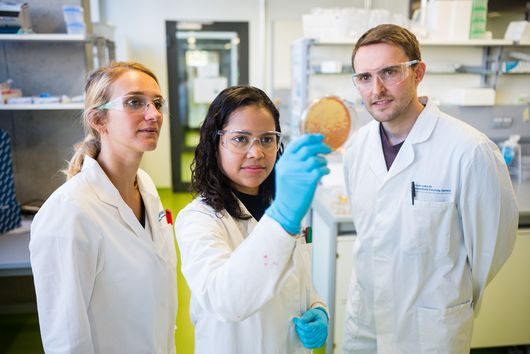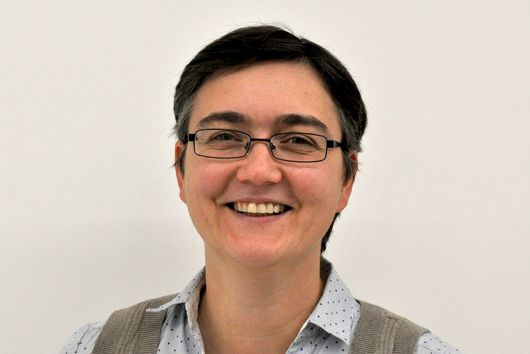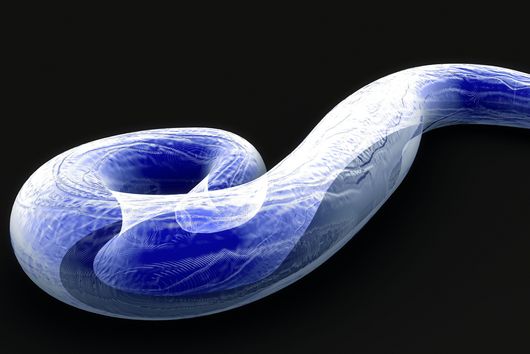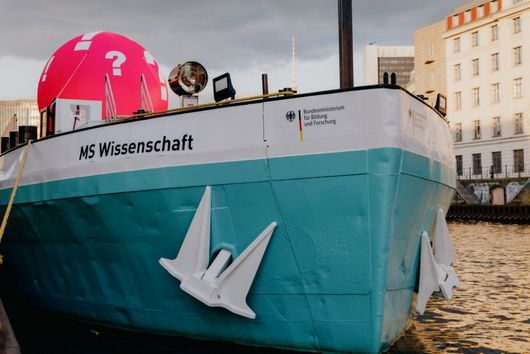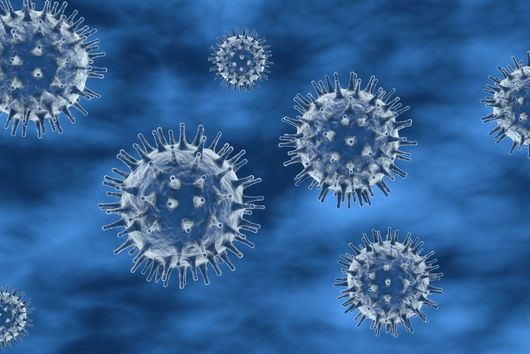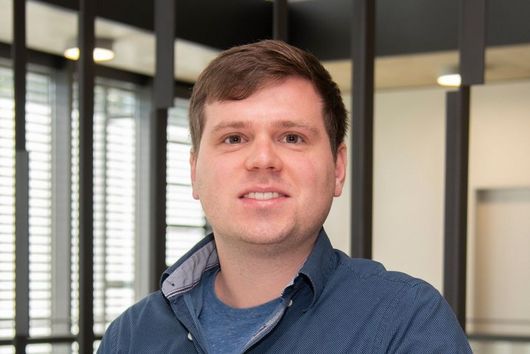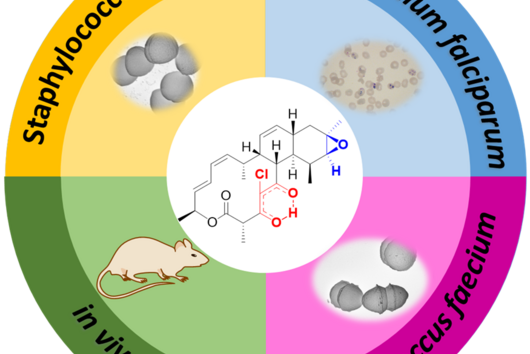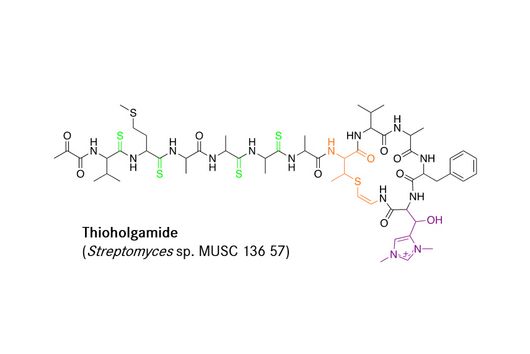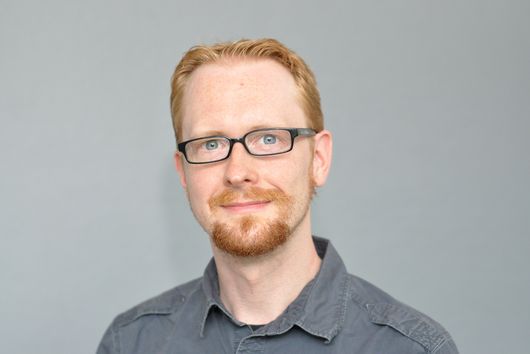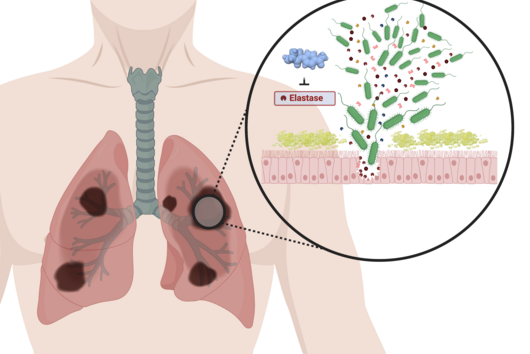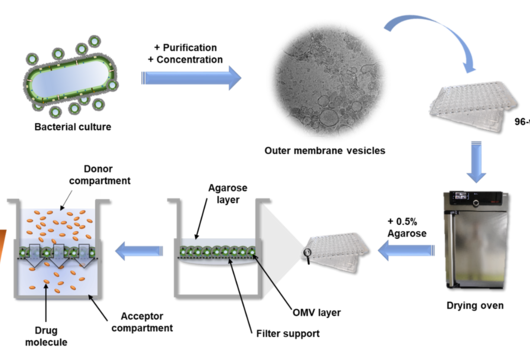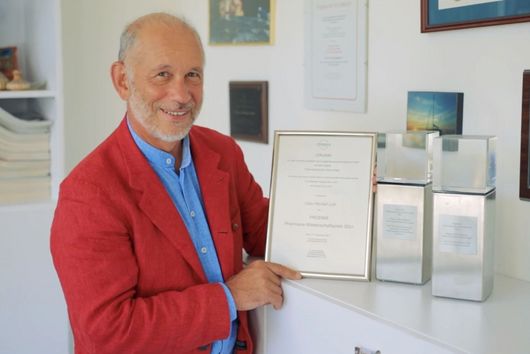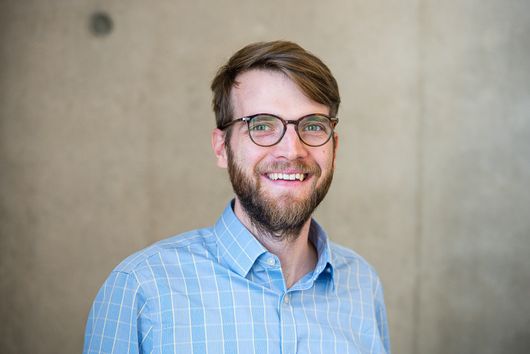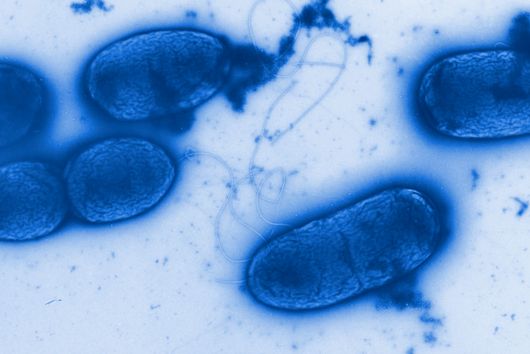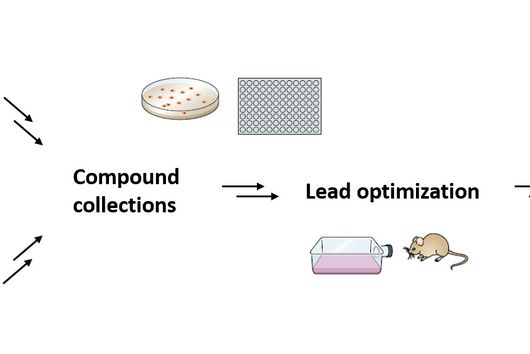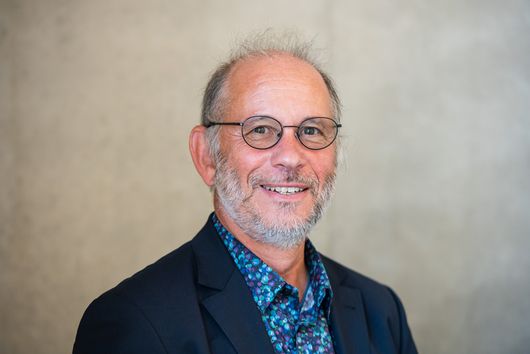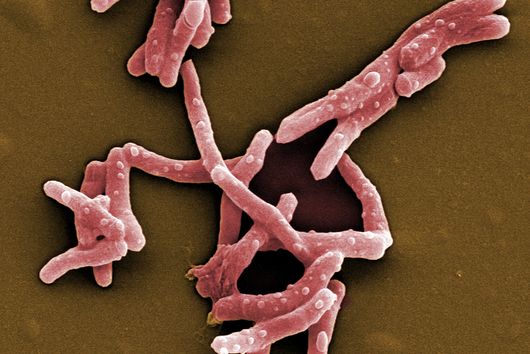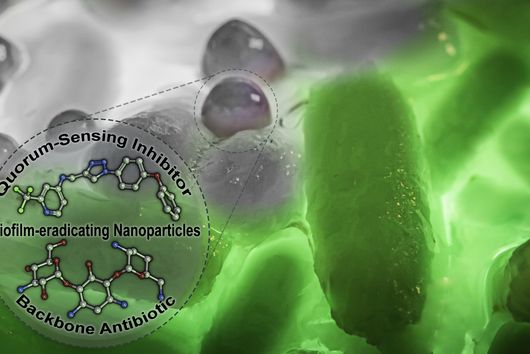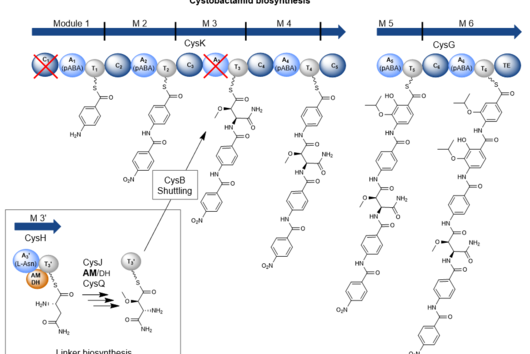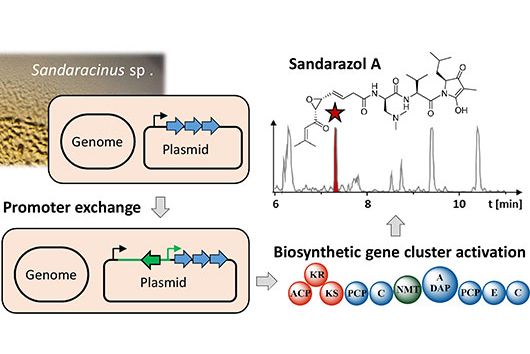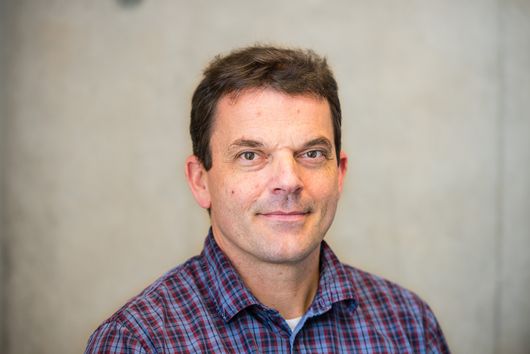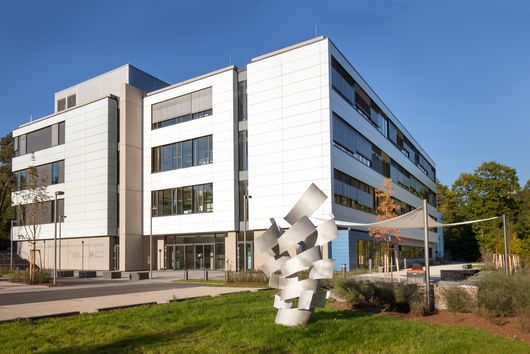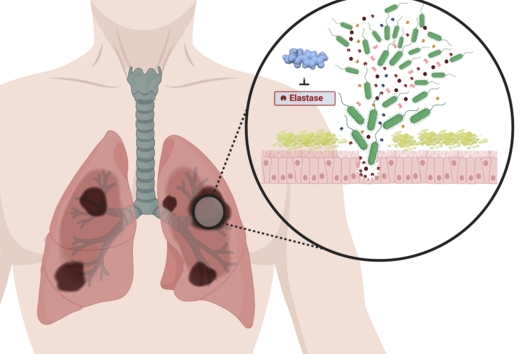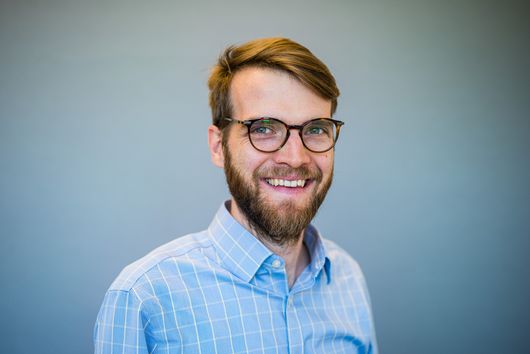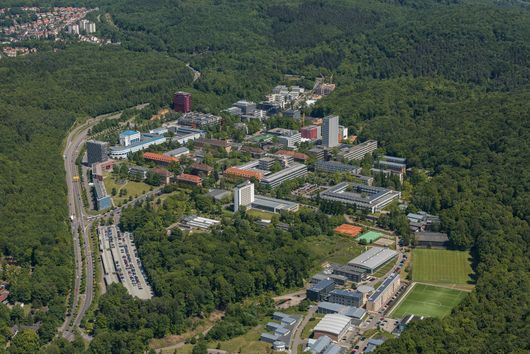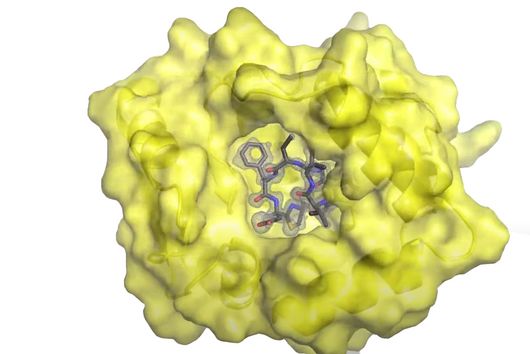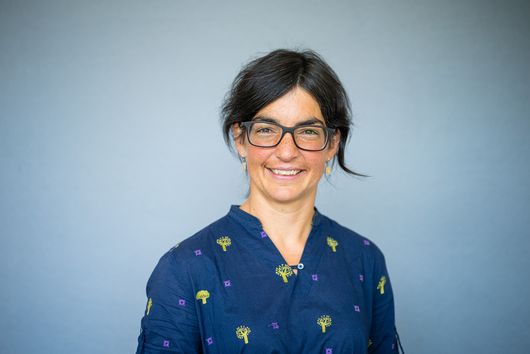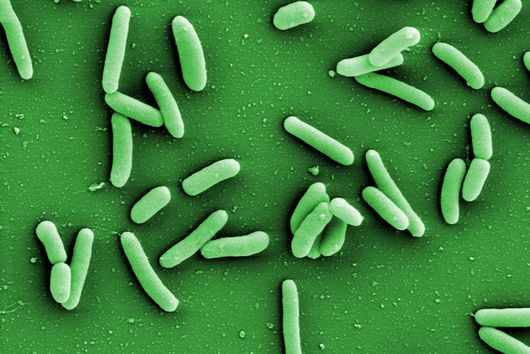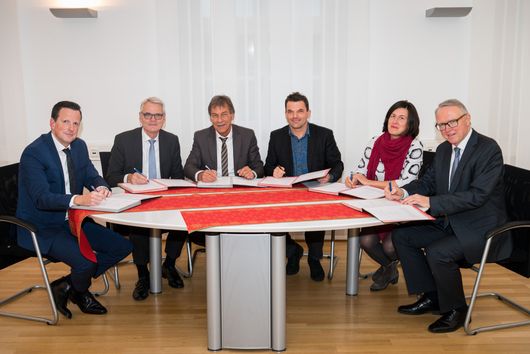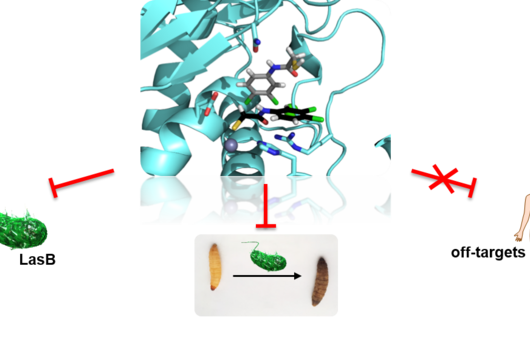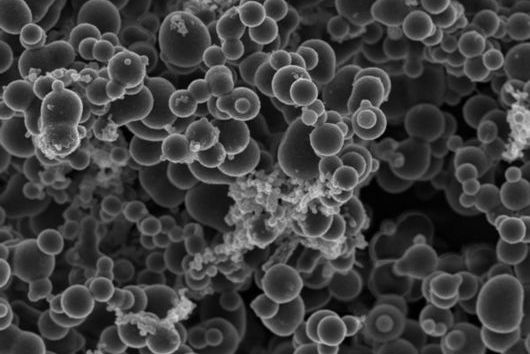Saarbrücken, June 21, 2023 - At first glance, nature conservation and antibiotics have little in common. However, a new collaboration project between the Helmholtz Institute for Pharmaceutical Research Saarland (HIPS) and the Naturlandstiftung Saar (NLS) shows that there is a great deal of overlap. In particularly species-rich habitats, scientists are looking for soil bacteria that produce new starting materials for antibiotic development. What is special about this project is that the search for the bacteria takes place within the framework of a citizen science campaign, in which interested citizens are directly involved in the scientific process and at the same time receive valuable information about local biodiversity. HIPS is a site of the Helmholtz Centre for Infection Research (HZI) in cooperation with Saarland University.
In order to find new active ingredients for the treatment of infectious diseases, HIPS researchers are taking a close look at soil bacteria that are known to produce natural products with promising pharmaceutical properties. These are then tested in the laboratory for their efficacy against human pathogens and thus used to develop novel antibiotics. The greater the biological diversity in a soil sample, the higher the chance of discovering new bacteria and new drug candidates. The idea of a collaboration between the HIPS and the NLS, which owns ecologically valuable land and oversees Saarland's nature reserves, stems from precisely this consideration.
In the "Microbelix" project, which is currently in the preparatory phase, citizen scientists take part in guided hikes, or explore on their own, in search of places where they suspect a particularly high level of biological diversity. There they collect a few spoonfuls of soil and send them directly to HIPS. In the laboratory, the samples are screened using metagenome analysis. This technology makes it possible to gain a deep insight into the biodiversity of each individual soil sample in a short time. This knowledge allows the scientists to see in which samples particularly interesting bacteria are hiding. At the same time, the collected information is of great importance for the activities of the NLS: The project aims at investigating how diversity of microorganisms is related to that of higher animals and plants. The data may even allow conclusions to be drawn about the effects of climatic changes on the soil habitat.
In order to standardize sample collection and ensure high sample quality, HIPS and NLS have developed sample collection kits that provide citizen scientists with everything they need to collect samples. Moreover, participants will receive valuable information related to conservation, antibiotics, and antibiotic resistance. In addition to simple soil samples, citizen scientists will also be encouraged to develop and test their own "bacteria traps”. Microbelix is based on the project "The Microbial Treasure Chest", with which HIPS was already on the exhibition and science ship "MS Wissenschaft" in 2022.
The concrete occasion for the collaboration between HIPS and NLS is the competition "Auf die Plätze! Citizen Science in deiner Stadt", which is implemented by Wissenschaft im Dialog and the Museum für Naturkunde Berlin in close collaboration with the citizen science platform Bürger schaffen Wissen. The joint project is funded by the German Federal Ministry of Education and Research. With its initial project proposal, the team has already secured a place among the top ten projects. A one-month voting phase begins on June 21, during which the public can vote on the individual projects at www.citizenscience-wettbewerb.de. The public vote accounts for 20 percent of the jury's score. The winners of the competition will receive 50,000 euros to implement their concept.
An important piece of the competition project will be the development of the "Microbelix App”, which citizen scientists can use to document sample collection and network with researchers and other project participants. The app also enables accelerated digital communication of results from the lab. The project portal www.microbelix.de provides interested parties with all the information they need to participate and insights into the progress of the project. Sample collection kits can also be requested there.
Naturlandstiftung Saar:
The Naturlandstiftung Saar is the oldest German nature conservation foundation. The NLS has set itself the goal to preserve the species richness of plants and animals of our Saarland homeland and to protect, maintain and develop the diversity of habitats. For this purpose, the foundation acquires ecologically valuable areas and establishes a network of protected areas.

